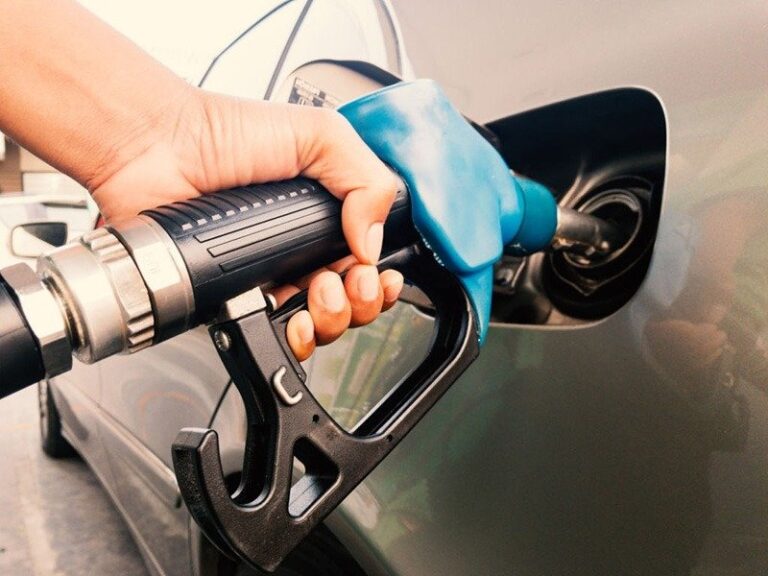Consejos para optimizar el consumo en coches de segunda mano
Fuel consumption efficiency is a crucial aspect to consider when owning a used car. As fuel prices continue to rise, optimizing the performance of these vehicles becomes a necessity. There are multiple strategies and practices that can help reduce consumption and improve the car’s durability. Implementing some of these tips will not only help save money but also promote sustainable driving.
Optimizing the consumption of a used car not only helps reduce costs but also contributes to a lower environmental impact. Through efficient driving and proper maintenance, it is possible to significantly enhance the vehicle’s performance. Here are various tips that can be applied to achieve more efficient consumption in used cars.
Regular Maintenance
Regular maintenance is crucial for the optimal functioning of any vehicle, especially in used cars. Performing oil changes, checking air and fuel filters, and inspecting the brakes are actions that should be done frequently. These practices not only prevent costly repairs but also improve fuel efficiency and extend the car’s lifespan.
Tire Condition
The proper tire pressure is essential for optimizing fuel consumption. Keeping them inflated according to the manufacturer’s specifications improves fuel efficiency and decreases the risk of uneven wear. It is recommended to check the pressure at least once a month to ensure it remains at optimal levels.
Driving Habits
Driving habits play a vital role in the amount of fuel consumed by a car. Maintaining a moderate speed, avoiding sudden accelerations, and using the gears correctly can help significantly reduce consumption. Additionally, it is advisable to stay below 100 km/h, as this is usually more fuel-efficient.
Use of Air Conditioning
The use of air conditioning also influences consumption. In urban journeys, it is recommended to use the windows to ventilate the car’s interior, while on the highway, air conditioning may be more effective, as open windows can create aerodynamic drag, thereby increasing fuel consumption.
Fuel Efficiency
When selecting a used car, it is important to consider models with more efficient engines. Cars with advanced technology, such as smaller engines and direct injection systems, tend to perform better in terms of fuel consumption. Acquiring a vehicle with these characteristics can have a positive long-term impact on gasoline expenses.
Inspections and Filters
Inspecting air and fuel filters is essential to ensure efficient performance. A clogged filter can decrease engine power and increase fuel consumption. Keeping these filters clean or replacing them as recommended by the manufacturer contributes to better vehicle performance.
Route Planning
The way routes are planned can significantly affect fuel consumption. Using apps that indicate the most efficient route and avoid traffic can help reduce driving time and fuel expenses. Additionally, considering routes that involve fewer stops and starts can be beneficial.
Eco-Friendly Driving Options
Nowadays, many cars come equipped with eco-driving modes that optimize fuel consumption by adjusting throttle response and other vehicle parameters. Taking advantage of these features can help maximize car efficiency and provide additional savings on fuel expenses.
To learn more about the proper maintenance of your vehicle, it is advisable to consult articles addressing its importance. Information about the future of electric vehicles and how they impact fuel consumption can also be examined.
Finally, it is always good to stay updated with practical recommendations on reducing energy consumption, which can also be applied to driving and optimizing resources in used cars.
Optimizing the consumption of a used car is not only a way to save money but also a way to contribute to environmental sustainability. Regular and effective maintenance is crucial to ensure that the vehicle operates as well as possible. It is vital to conduct periodic inspections of the engine, braking system, and other key components that can affect fuel efficiency.
Additionally, proper tire pressure plays an important role in fuel consumption. Keeping tires inflated to the recommended level not only improves efficiency but also extends their lifespan. Checking the pressure at least once a month can prevent unnecessary wear and additional fuel expenses.
Another effective strategy is to adapt driving style. Driving at moderate speeds and shifting gears at the right moment can significantly reduce gasoline consumption. For example, avoiding sudden accelerations and maintaining a constant speed helps maximize efficiency on the road.
Furthermore, it is essential to evaluate the use of accessories like air conditioning. In urban journeys, it is preferable to open the windows for ventilation, whereas on highways, using air conditioning becomes more suitable to avoid the aerodynamic drag created by open windows.
Finally, before acquiring a used car, considering modern models with advanced technology can be a smart investment. Newer vehicles often have more efficient engines and modern injection technologies that optimize fuel consumption, resulting in fewer visits to the gas station and a lower environmental impact.






